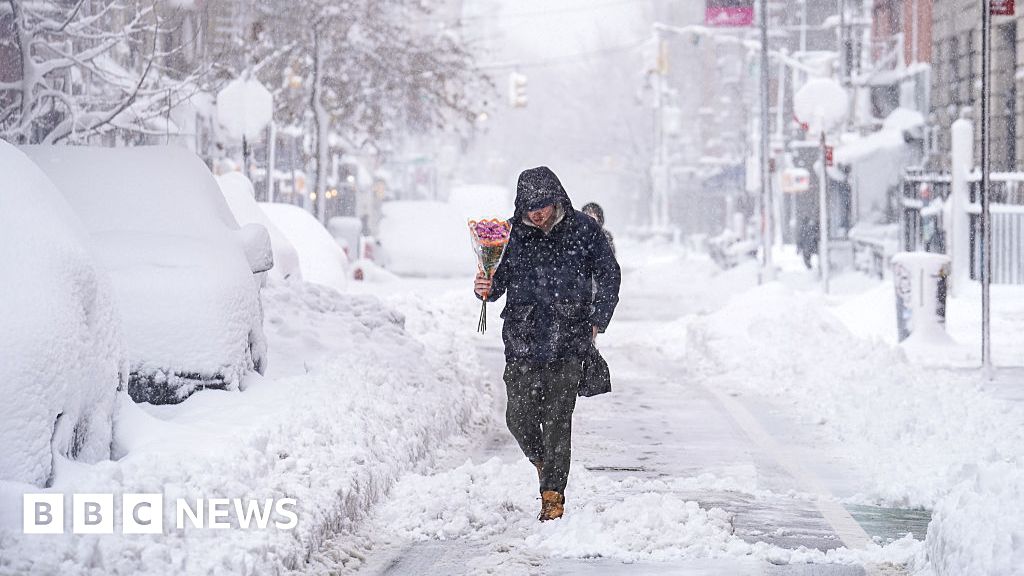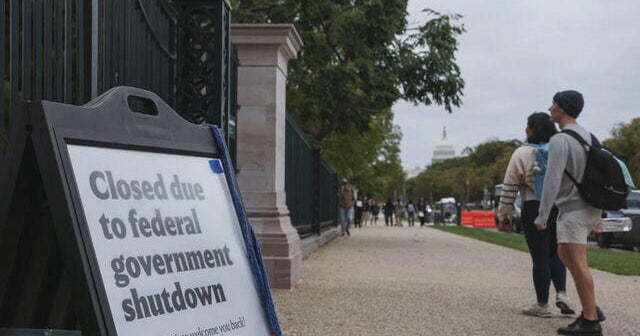Generational wage war: Is a 20-year-old worth less than a 21-year-old?
We’re sorry, this feature is currently unavailable. We’re working to restore it. Please try again later.
Opinion
October 27, 2025 — 3.47pm
October 27, 2025 — 3.47pm
Should 18 to 20-year-olds earn less than “adults” doing the same job in retail, fast food or pharmacies? This week the Fair Work Commission will begin adjudicating on this divisive and consequential issue.
Are the half a million 18 to 20-year-olds slower at flipping a burger, scanning a barcode or stacking shelves, or can they match their expertise against a 21-year-old?
As it stands now, workers under 20 are paid 90 per cent of the adult award rate, 19-year-olds 80 per cent of the award rate and 18-year-olds just 70 per cent of full award rates in retail, fast food and pharmacies.

The retail workers union is pushing for higher pay rates for workers aged between 18 and 20 in certain sectors including fast food.Credit: Alamy
There is a lot to unpack in this debate, not least the underlying principle that equal work should attract equal pay.
So it isn’t surprising that the union movement will gladly hark back 50 years to the fight for women to be paid equally to men for doing the same job.
Loading
The Shop Distributive and Allied Employees’ Association (SDA) is running this case, which is backed by the ACTU, primarily because it covers a disproportionate number of workers in the 18 to 20-year-old age bracket.
The battle lines are clearly drawn between business and the unions – the former contends equalising pay for this cohort would represent a pyrrhic victory because it would reduce the demand for these workers and therefore increase the number of them becoming unemployed.
In other words for these younger workers, the business side claims pay equalisation is tantamount to cutting their own throats.
The union’s case is pretty straightforward. Eighteen to 20-year-olds are adults, they pay the same rates for electricity, transport or anything else.
The ACTU catchphrase – “The bills don’t get reduced because you’re younger. The rent doesn’t care about your birthday” – screams legitimacy.
Clearly cost of living pressures apply equally to young and older adults – certainly for those that are living out of their parents’ home. An 18-year-old needs 50 plus hours a week to earn what an adult makes in 38 hours.
The SDA reckons the employer groups are mounting a scare campaign about the increase in youth unemployment being a product of improving their pay.
Research commissioned by the Australian Retailers Association found that 77 per cent of retailers would likely cut junior hiring if junior and senior rates were equalised. More than half of retailers surveyed also said such a move would increase costs for their businesses, raising concerns these costs would ultimately be passed on to customers.
Presumably the other half would be borne by the retailer and result in lower profit.
The ARA reckons that it is smaller retailers that will bear the brunt of the increase in costs, although it will also affect larger outfits like the big supermarkets and fast food outlets like McDonald’s and Guzman y Gomez.
Loading
The ARA says “current junior rates reflect lower levels of experience and are an incentive for employers to take a chance on younger, less experienced workers and provide them with the supervision and support to develop important workplace skills. Removing this structure would undoubtedly make it harder for young Australians to enter the workforce, meaning employers are likely to favour more experienced applicants.”
Regardless of whether an inexperienced 18-year-old burger flipper deserves less than a 20-year-old one, it is hard to ignore that businesses are attracted to younger workers because they are cheaper to pay.
And for young people, the opportunity to get a foothold in the workforce or boost their CVs is valuable.
Thus these young workers are caught in a battle royale between business and unions with an adjudication from Fair Work expected early next year.
It will be a contest between what’s fair and what’s reasonable.
The Business Briefing newsletter delivers major stories, exclusive coverage and expert opinion. Sign up to get it every weekday morning.
Most Viewed in Business
Loading


















































